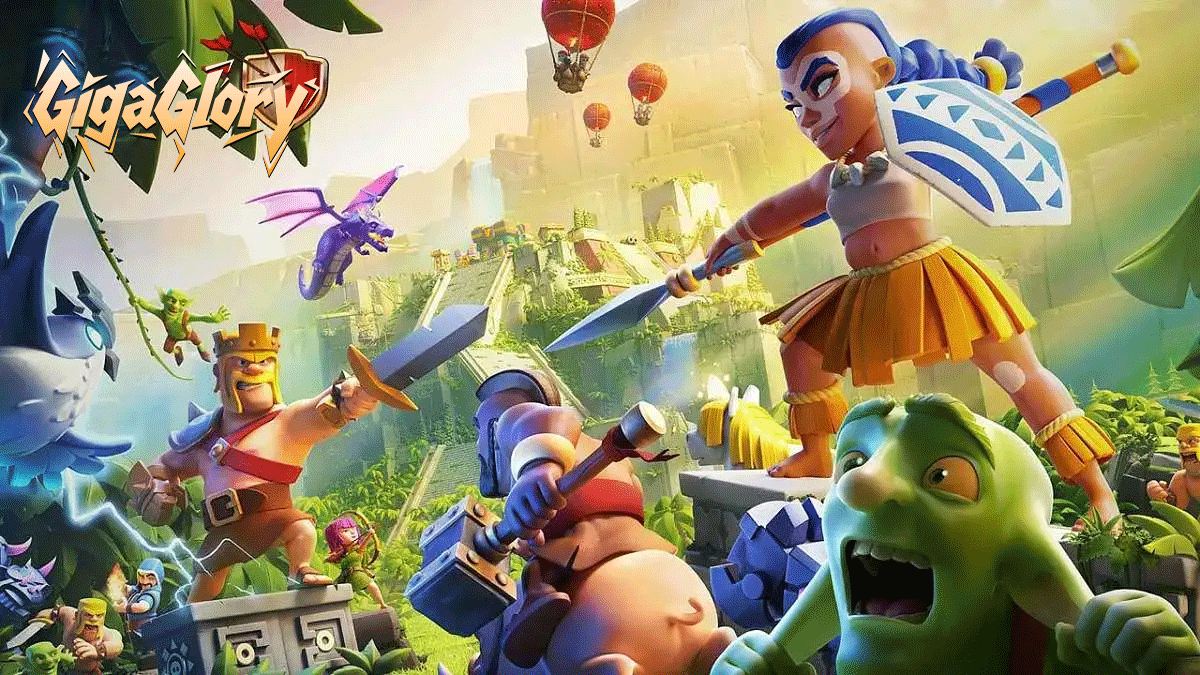Why Life Simulation Games Are Redefining Virtual Reality and Our Everyday Experience
Life simulation games have taken the gaming world by storm, reshaping how we interact with technology and experience reality. As we dive deeper into this ever-evolving genre, it's crucial to understand what makes these games so appealing and how they are redefining not just gaming but our daily lives. Let's explore the nuances of life simulation games through the lens of popular titles, the mechanisms driving their success, and how they might influence our future.
The Rise of Life Simulation Games
The genre of life simulation games has grown immensely over the past decade. Titles like "The Sims" franchise, "Animal Crossing," and the recently launched "EA Sports FC 24" have attracted millions of players. These games allow players to construct, manage, and control their virtual lives in unprecedented ways. They go beyond mere entertainment, offering immersive experiences that can mirror, critique, or enrich real-world scenarios.
Key Features of Life Simulation Games
- Customization: Players can tailor their characters, environments, and scenarios to fit their preferences. This creates a unique bond between the player and the game.
- Realism: Advanced graphics and AI algorithms make lifelike interactions possible, enhancing emotional engagement.
- Social Interaction: Many life simulation games allow for multiplayer experiences, fostering community and connections.
- Endless Possibilities: The absence of linear narratives permits players to craft their own stories, making each gameplay session distinct.
How Life Simulation Games Influence Our Reality
Life simulation games not just simulate life, they often influence player behavior. Research indicates that players often adopt skills learned from these games into their real lives. This could range from time management to social skills. Games such as "The Sims" even serve as a platform to explore societal issues, allowing players to confront real-world problems like economic disparity or environmental change through simulated experiences.
| Game Title | Impact on Player Experience |
|---|---|
| The Sims | Develops life skills and social strategies |
| Animal Crossing | Encourages community and creativity |
| EA Sports FC 24 | Teaches strategy and teamwork |
The Future of Life Simulation Games
As we look forward, upcoming RPG games and advancements in technology promise to enhance life simulation experiences even further. With the integration of AR and VR technologies, the lines between the virtual and real worlds are becoming increasingly blurred. Players can expect richer, more interactive experiences that will challenge their perceptions of reality and engagement.
Moreover, with the growing popularity of life simulation games, we can foresee an increasing mileage of in-game elements in marketing strategies and brand interactions. Virtual avatars and digital identities will play a significant role in how businesses engage with customers in the near future.
Conclusion
Life simulation games are revolutionizing our understanding of both gaming and reality, offering players an escape while simultaneously enhancing their everyday experiences. The evolution of these games reflects a larger trend toward immersive, interactive entertainment that resonates deeply with players. As we welcome new releases, like the upcoming RPG game, we must remain aware of how these virtual experiences shape our lives. The future looks promising, and the lines between life and simulation will continue to blur, creating endless opportunities for exploration and connection.



